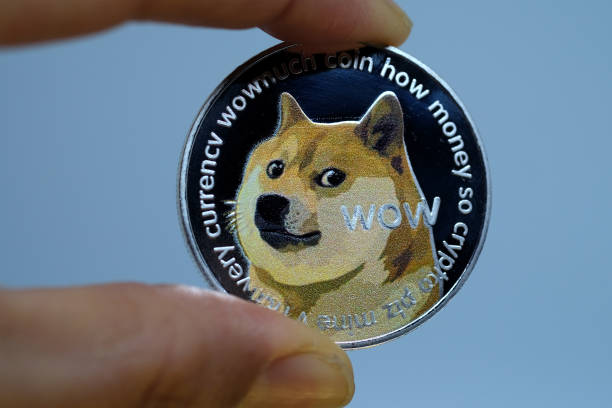Air France KLM, a major global air transport player, is eyeing the disruptive Blockchain technology to track its maintenance and repair systems. The aim is to put a premium on the airline’s ability to maintain its in-service airplanes in tip-top condition.
At a 2017 webinar participated by the airline, together with technology firm Microsoft and software for maintenance, repair and overhaul (MRO) systems provider Ramco Aviation, Air France KLM business unit director of innovation, James Kornberg, said that his team is studying a clear business case for Blockchain use to enhance maintenance processes and workflows.
“The use case has to be realistic. The four features of Blockchain are resilience, traceability, integrity, and disintermediation, and are well suited to the aviation supply chain.”
Other possible airline industry applications of Blockchain
Blockchain technology is claimed to have the ability to revolutionize the entire commercial airline transportation industry. An Accenture report claims that the technology can create new efficiencies and services models for airlines, and the broader travel industry.
Among the possible use cases of Blockchain are the improvement of ticketing services through the use of smart contracts, loyalty point management, and enhanced security of passenger information and data.
Kornberg, however, claimed that airline companies should completely digitize their data first, before they can fully exploit what the technology has to offer.
“In the aviation industry, we still have a lot of our data that is not digitalized, still a lot of analog data, this is the first step that we’re doing at the moment.”
So far, Blockchain technology is already being used in various industrial applications. Among them are in storing and securing medical data, managing aid distribution, and in maintaining power grids.










